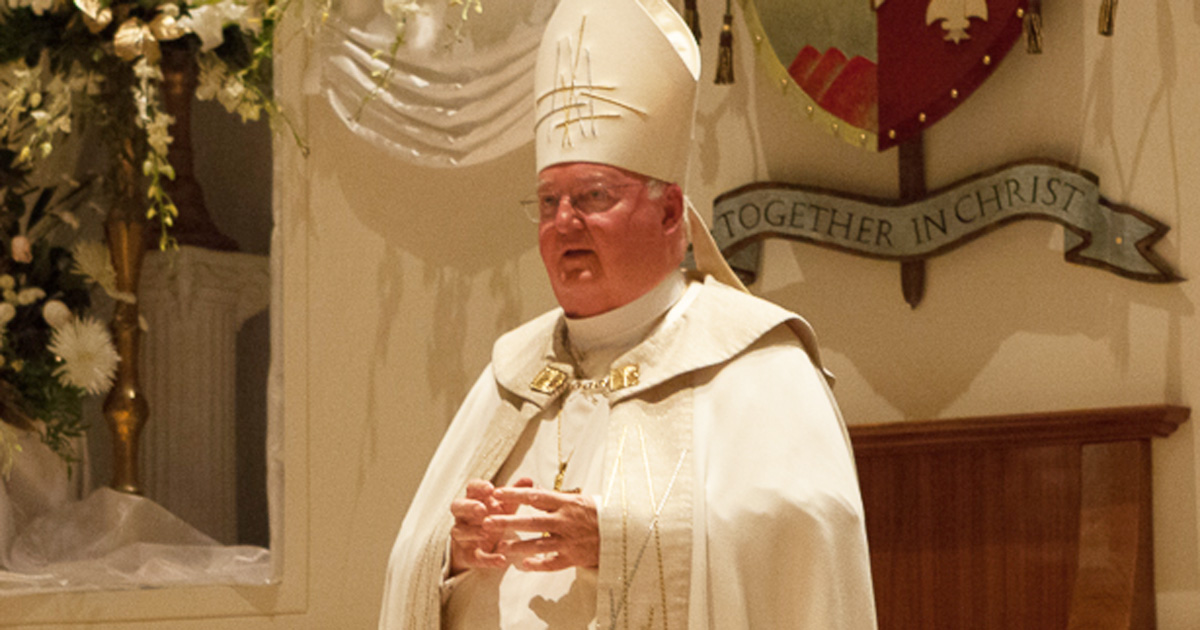
I am grateful to the Holy Father for the courage to address what he calls “the care for our common home,” the Earth. Because the welfare and very existence of humanity is dependent upon the Earth and the environment, this letter becomes part of the social justice teaching of the Catholic Church. The state of the planet and its future have grave moral implications, and it is for this reason that Pope Francis, who readily admits that he is a religious teacher and not a scientist, has issued his second encyclical letter, Laudato Si. There is much in this letter to ponder, to pray over, and to unite all people of good will in solidarity.
Addressing the “common good” as the moral framework from which future action must be taken, Francis calls for a bold cultural revolution that is marked by charity, solidarity, temperance, political accord and a willingness to sacrifice.
The encyclical presents a compendium of the Church’s teaching on the care for creation and the environment, citing the Scriptures, the evangelical witness of Saint Francis of Assisi, the patron of ecology, and modern popes: Saint John XXIII, Blessed Paul VI, Saint John Paul II and Benedict XVI. Addressed to all who will listen, the Pope’s message is one of solidarity, uniting both the developing and developed world, since there is only one Earth, one home to all of humanity.
He is forthright in noting that the Church has “no reason to offer a definitive opinion [on these matters]; she knows that honest debate must be encouraged among experts, while respecting divergent views.” Yet “our common home is falling into serious disrepair… humanity has disappointed God’s expectations.”
The Pope cites the 97% of climate scientists who attribute the speed of climate change to human actions. He likewise gives consideration to the culture of technology that believes that it alone can heal the planet. Calling the Earth our Sister, in the terminology of Saint Francis, Pope Francis writes that ” This sister now cries out to us because of the harm we have inflicted on her by our irresponsible use and abuse of the goods with which God has endowed her.”
The pontiff calls for a renewed dialogue, a conversation which “includes everyone” since the environmental challenge also affects all. Citing the recurring theme of his papacy, outreach and encounter with those who are marginalized, and quoting the Bolivian Bishops’ Conference, he notes that the poor will be most affected by a “global inequality” by which the gravest effects of the attacks on the environment are suffered by the poorest, who are also the majority of the world’s population. A true “ecological debt” exists, “particularly between the global north and south” because of commercial imbalances and the “disproportionate use of natural resources by certain countries” over a lengthy period of time. Quoting the United States Conference of Catholic Bishops, he writes that greater attention must be given to “the needs of the poor, the weak and the vulnerable, in a debate often dominated by more powerful interests.”
Situating these concerns within a perspective beyond that of the Catholic Church, the Pope quotes Ecumenical Patriarch Bartholomew, who asks us “to replace consumption with sacrifice, greed with generosity, wastefulness with a spirit of sharing, an asceticism which ‘entails learning to give, and not simply give up. It is a way of loving, of moving gradually away from what I want to what God’s world needs. It is a liberation from fear, greed and compulsion.'”
Near the end of the encyclical, Pope Francis calls “all believers” to return to the beautiful and meaningful custom of giving thanks to God before and after meals. This brief action reminds us of our dependence on God for our lives and strengthens our gratitude for the creation we share, and “it reaffirms our solidarity with those in greatest need.”
—
Click to read the encyclical online: Laudato Si’
